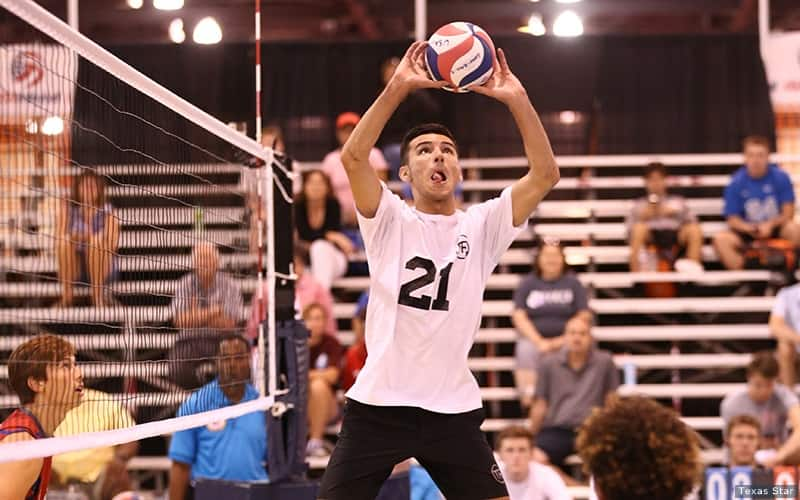
Helping Your Multisport Athlete Navigate Seasons
Playing more than one sport is great for an athlete's well-being. Here's how you can be a supportive coach as they transition between sports.
Resources for
Follow USAVolleyball
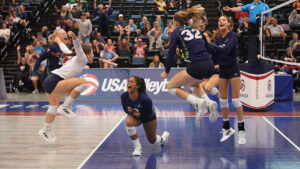 USA Volleyball Education is focused on improving developmental and educational opportunities across the sport of volleyball from grassroots to the national team level. Our goal is to provide the opportunity to access, complete and apply high-quality information and methods in the technical, tactical, physical and emotional aspects of the game for athletes and coaches while providing training, support and resources for other key stakeholders including officials, parents and clubs.
USA Volleyball Education is focused on improving developmental and educational opportunities across the sport of volleyball from grassroots to the national team level. Our goal is to provide the opportunity to access, complete and apply high-quality information and methods in the technical, tactical, physical and emotional aspects of the game for athletes and coaches while providing training, support and resources for other key stakeholders including officials, parents and clubs.
For years, the focus of volleyball in many areas and across various levels shifted to a mindset of winning at all costs.
What we now know is that the most successful teams in the world have developed a model of training and a culture that supports a holistic approach to athlete development which not only sets them up for competitive success on the court, but values and emphasizes the important of athlete health, well-being and long-term involvement in the sport.
The USA Volleyball Development Model was created based on the idea that volleyball in the U.S. could be taught differently, resulting in long-lasting positive outcomes across all measures of performance while keeping kids involved and loving the game longer.
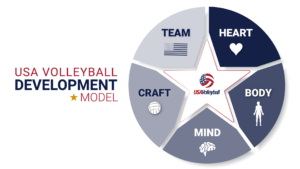
The five pillars of the USA Volleyball Development model provide the basis for a holistic approach to the core elements that are vital to supporting development at every level and across age groups.
USA Volleyball Education is committed to providing support for the volleyball community with a role-based approach to education and training. Whether you’re planning practices, cheering from the stands or making the right call, we provide the tools and resources to help you succeed.
USA Volleyball partner Sports Imports has provided USA Volleyball coaches with drills for use with their Trainer+ and The Vertec.


Playing more than one sport is great for an athlete's well-being. Here's how you can be a supportive coach as they transition between sports.

Dietary supplements are omnipresent in sports, but be cautious before buying.
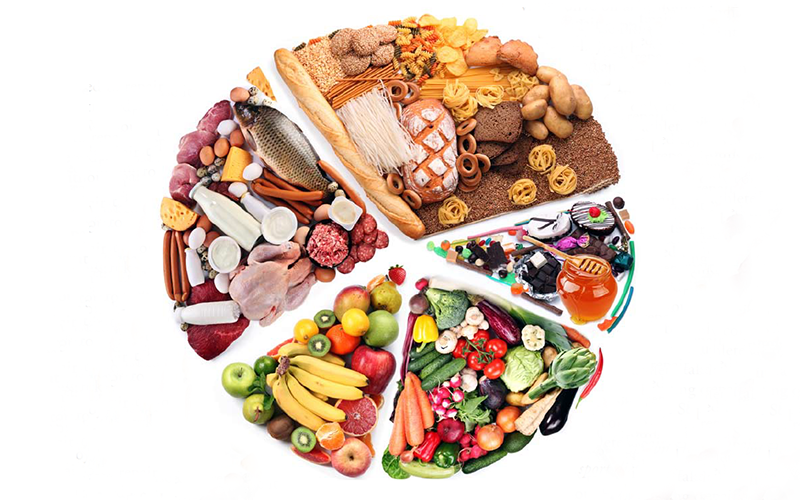
The body needs iron for growth, development, cellular functioning and to make certain hormones and connective tissue. Making sure your diet includes iron-rich foods is particularly important for athletes.
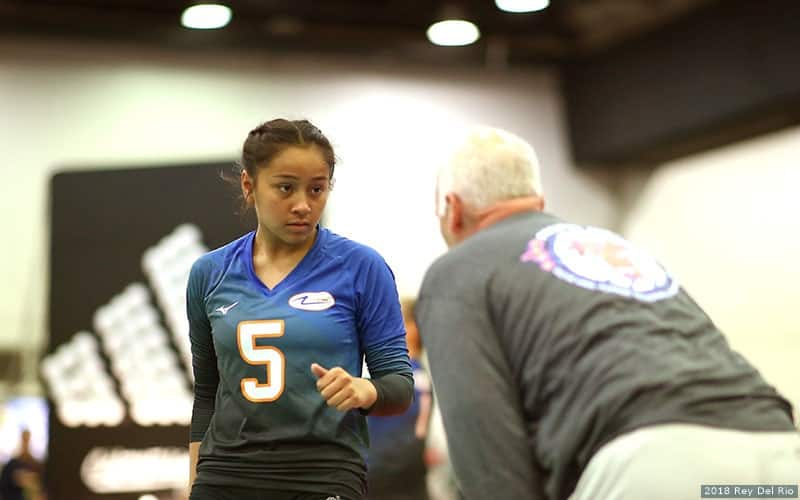
For many kids, sports provide their first taste of anxiety: the stress of serving at game point or making that all-important dig.

This article should be explained to (and understood by) all parents, as volleyball is known as a sport that is not a “parent-pleaser.”
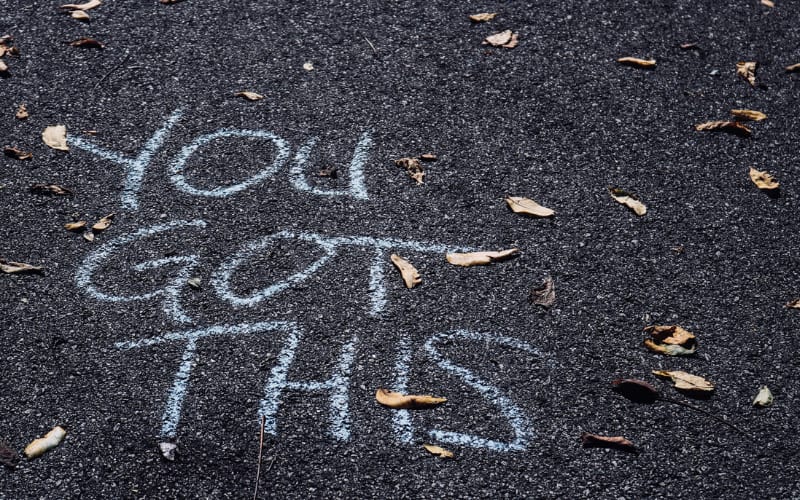
Parents often look to sports to teach athletes the value of sticking with a task or job even when it gets difficult. But what if your child comes home and says "I want to quit"?

Studies have shown that family members may influence an athlete's involvement and achievement in sport even more than coaches.

A balanced breakfast rich in carbohydrates and proteins regulates appetite and helps you feel satisfied, putting you on track to reach your fueling and nutrition goals.

Being a vegetarian and also being a competitive athlete is becoming far more common, even at sport's highest levels.
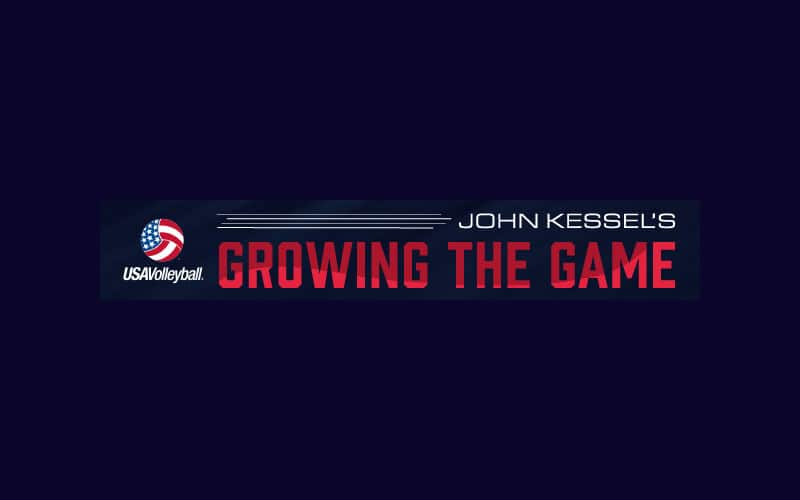
Lessons learned from this year's USOC American Development Model Summit
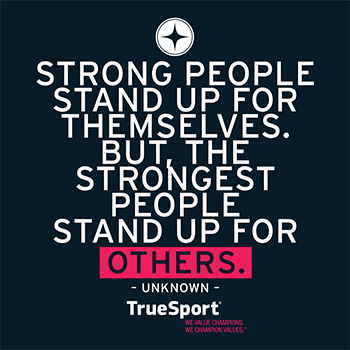
Coaches are one of the biggest influence in athletes' lives, and in many ways putting a stop to bullying behavior begins and ends with the coach.
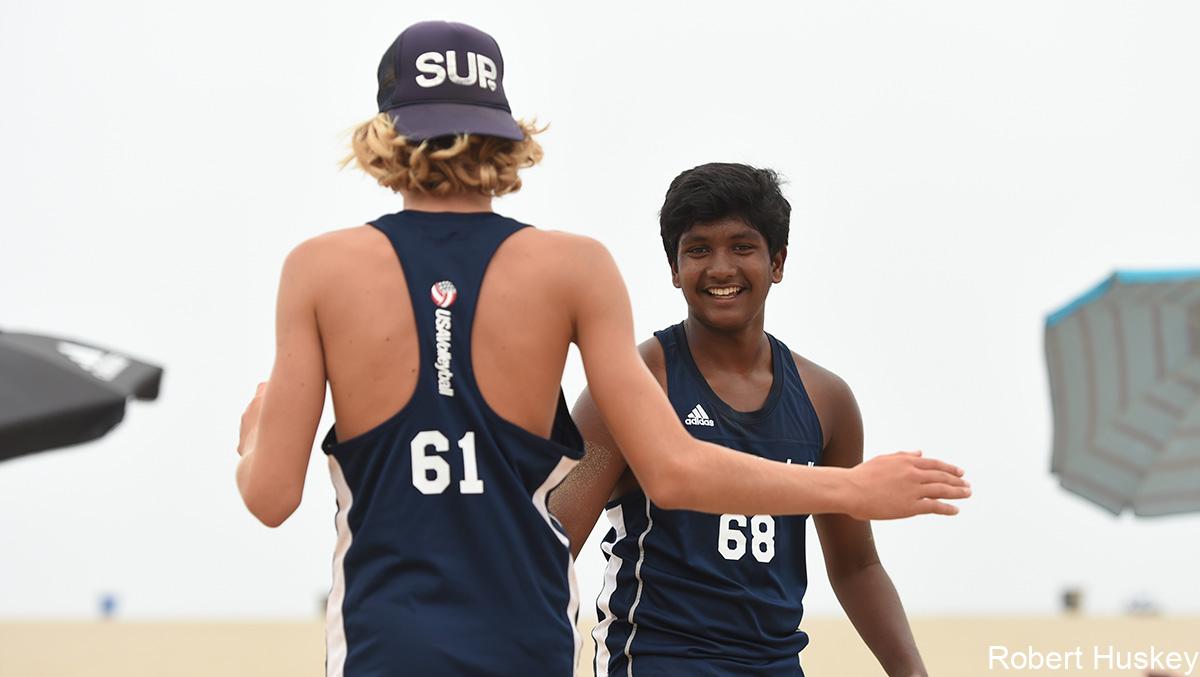
Beach volleyball is a great game that can help you accomplish your goals of becoming a top athlete. The doubles game can also be played on the grass, using the same portable net systems and rules.
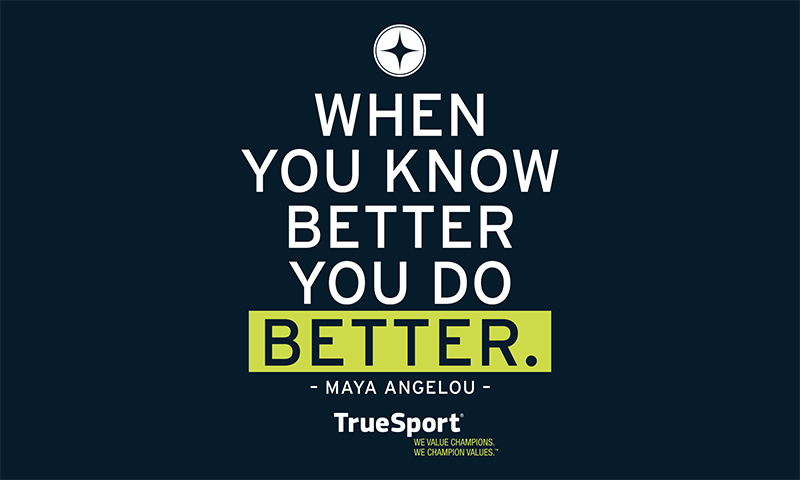
Failures are guaranteed in life and in sport, but often times, the way coaches and parents respond to failure will make a big difference.
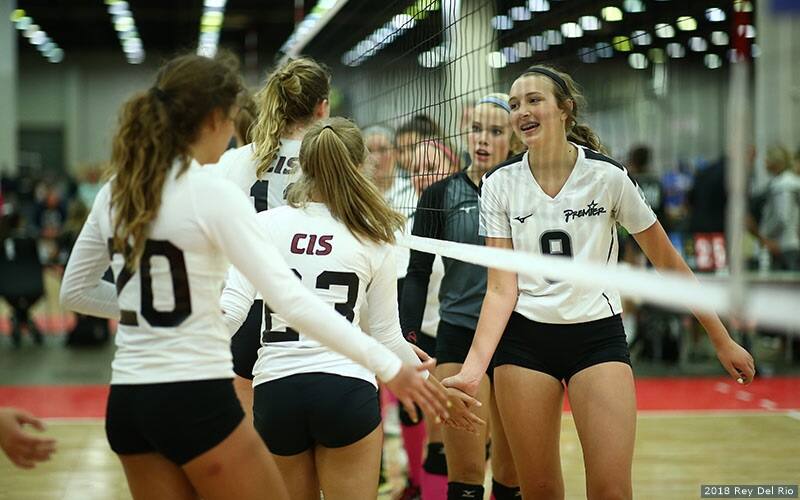
Coaches and parents can work together for a great experience. It just takes communication and understanding.
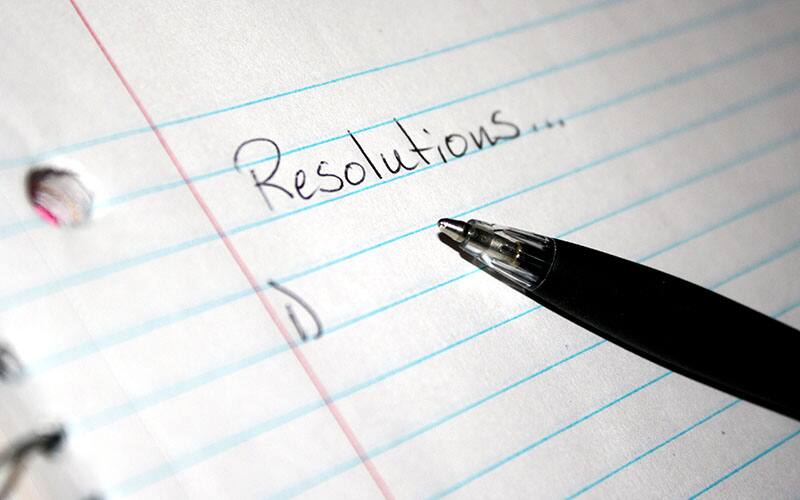
Goal-setting, especially as part of your family, can help teach positive lessons, so why not try resolutions?

It's easy to see why a player might think energy drinks are the answer to get them through those long days of schools and practice. In reality, they can cause serious harm.

Most people recognize that being an official is a difficult, and often thankless job. Why do we sometimes make the job harder for them?
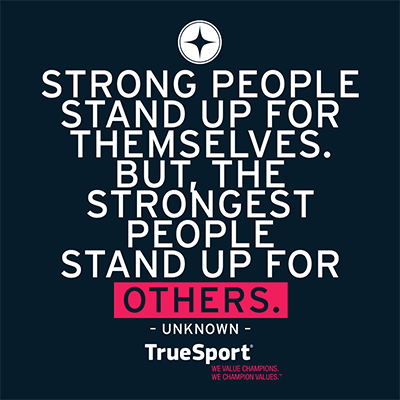
Volleyball is a great environment for learning teamwork, developing confidence and building character, but unfortunately it is not an environment immune to bullying.
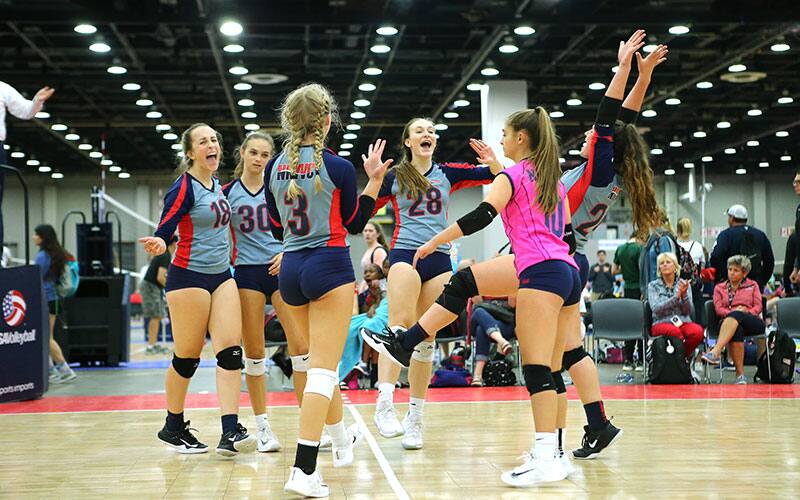
If you are a coach of an injured athletes, here are tips for keeping recovery on track.
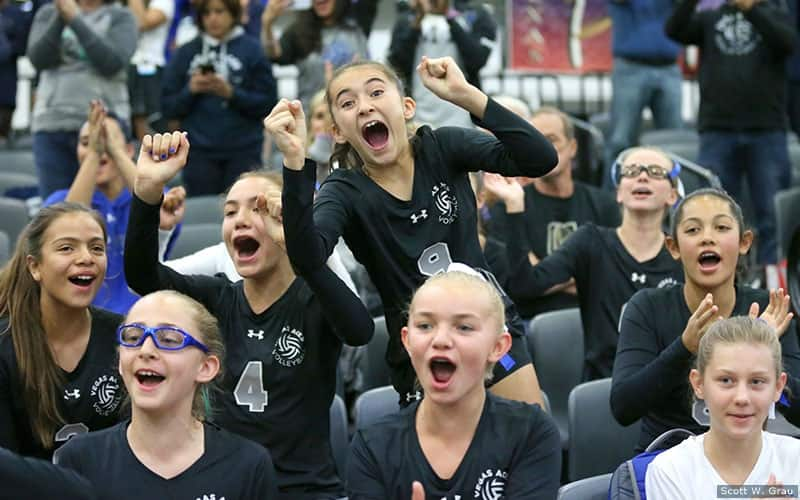
Whether you’re the star of the team or the last player off the bench, you’ve probably spent some time thinking about – or maybe even stewing over – your minutes on the court.
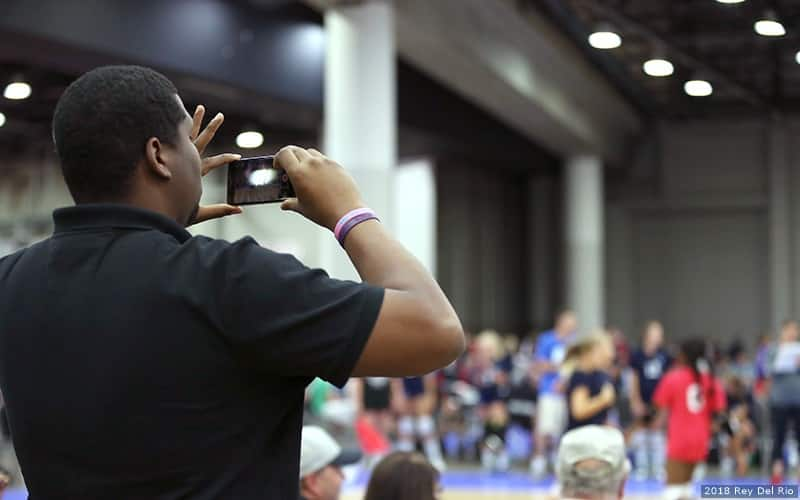
Signing up your young athlete for a team means they will soon become a teammate to others. Have you thought about the new role that you’ll take on as a teammate to your own child?